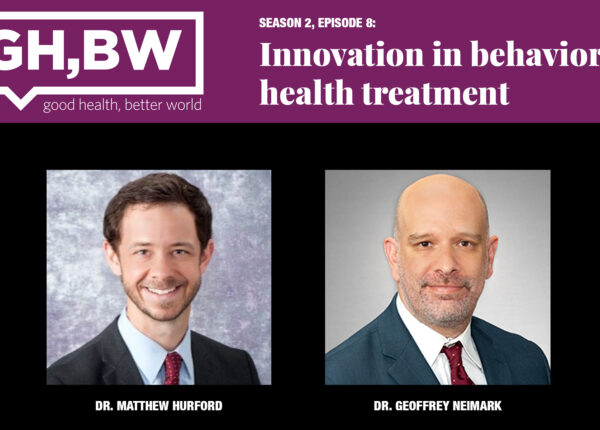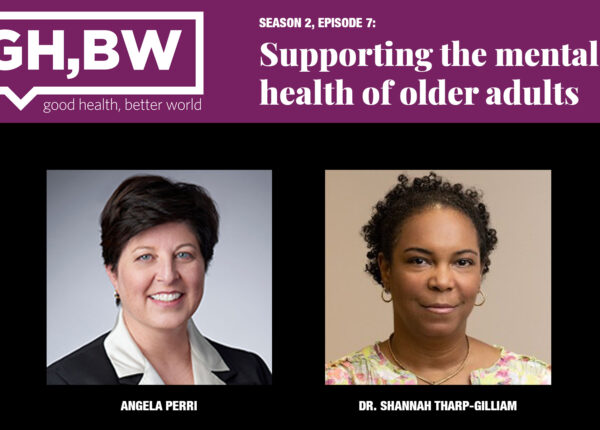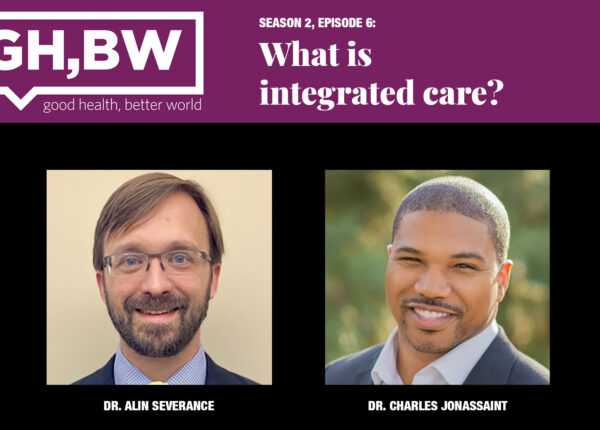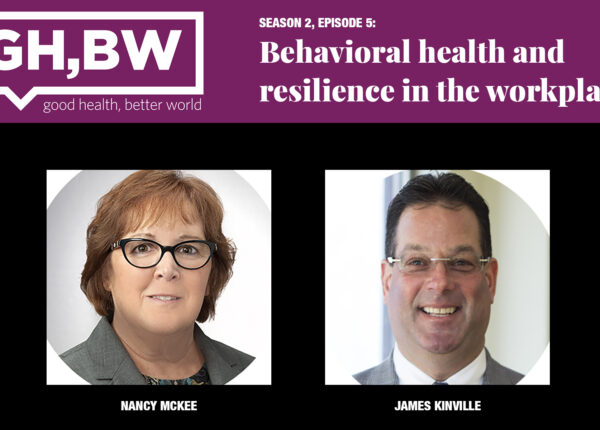Working together to reduce homelessness
~
By Sponsored
About 13,000 people struggle with homelessness in Pennsylvania, on average. Other people may stay with friends or family but lack a true home. And those without stable housing are more likely to suffer from chronic health conditions compared to those who have the security of a home, according to the National Health Care for the Homeless Council, a nonprofit based in Nashville.
In Episode 4, host Ellen Beckjord talks with Everett McElveen, chief executive officer of Community Human Services, a nonprofit based in Pittsburgh that helps people secure steady housing in Allegheny County.
The group, founded in the 1970s, focuses on supporting a high-quality health care system in part, by advocating to end homelessness.
Read part of the conversation, here, then listen to the entire podcast.
What’s your perspective on how housing as a social determinant has come around to be thought of in the broader context of health?
Housing affects and improves upon a person’s educational attainment, employment, the health of family relationships, and more.
Part of this is also trying to get the broader community to understand how critical housing first is. Often, people look poorly on individuals who are homeless. As if it’s their fault. There are many ways that people become homeless.
When we put more attention and funding as a community towards ending homelessness and helping people, it improves everything for everybody. It’s fewer emergency room visits. People are showing up to their mental health appointments. All of that matters in terms of better health outcomes.
All of us are only one or a handful of events away from needing that kind of help. How has thinking about the way that all of us could need this help guided the way that you approach your work?
It’s about culture. Culture trumps strategy all the time. Everybody deserves dignity and respect regardless of their situation. This COVID situation clearly shows that things happen. If there is a bright side to COVID, well, we’re sort of all in this together. And we’re not in control completely of our lives, even though people think we are.
Things happen in life that put people in very difficult situations. For example, health issues can lead to homelessness. Maybe you’re unable to work, with the onset of a mental health issue. It can be family trauma. So if we can all just see ourselves as the same, regardless of our circumstances in life, I think it moves this issue.
If I’m concerned about my community or my neighborhood, then what actions am I willing to take? What am I willing to give? Everybody lives in a house. Everybody has someplace to live. These people are worthy just like everybody else. And so it would improve everybody’s lives to end homelessness.
Listen to the rest of the conversation on the Good World, Better Health podcast.
Visit here, for more information on the support that Community Human Services provides for housing, food, and other assistance.
If you are homeless or about to become homeless, please call Allegheny Link as a first step, at 866-730-2368.




